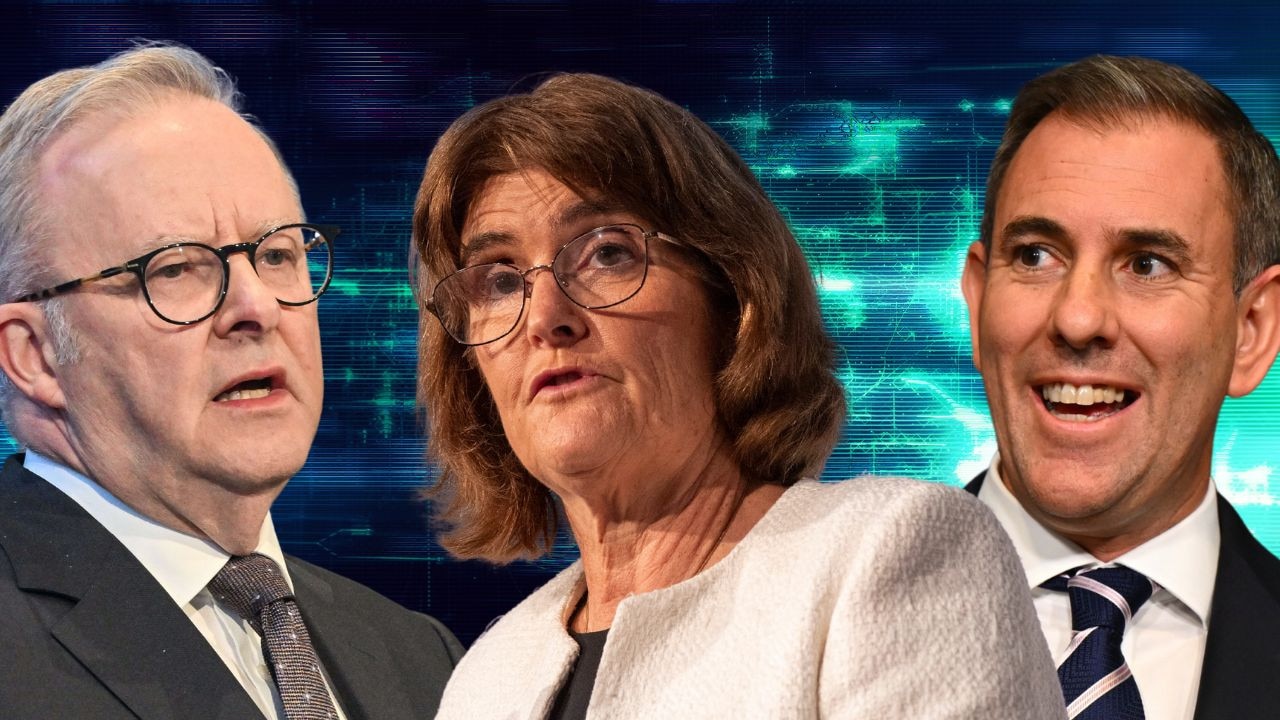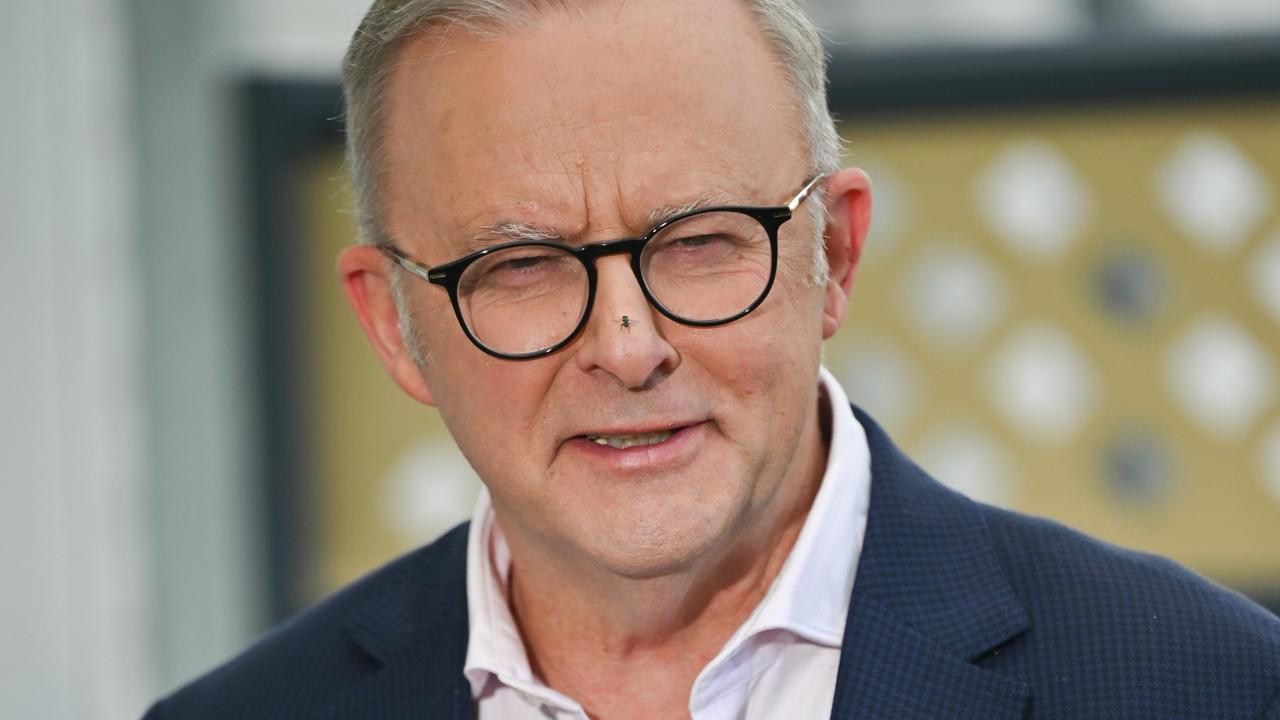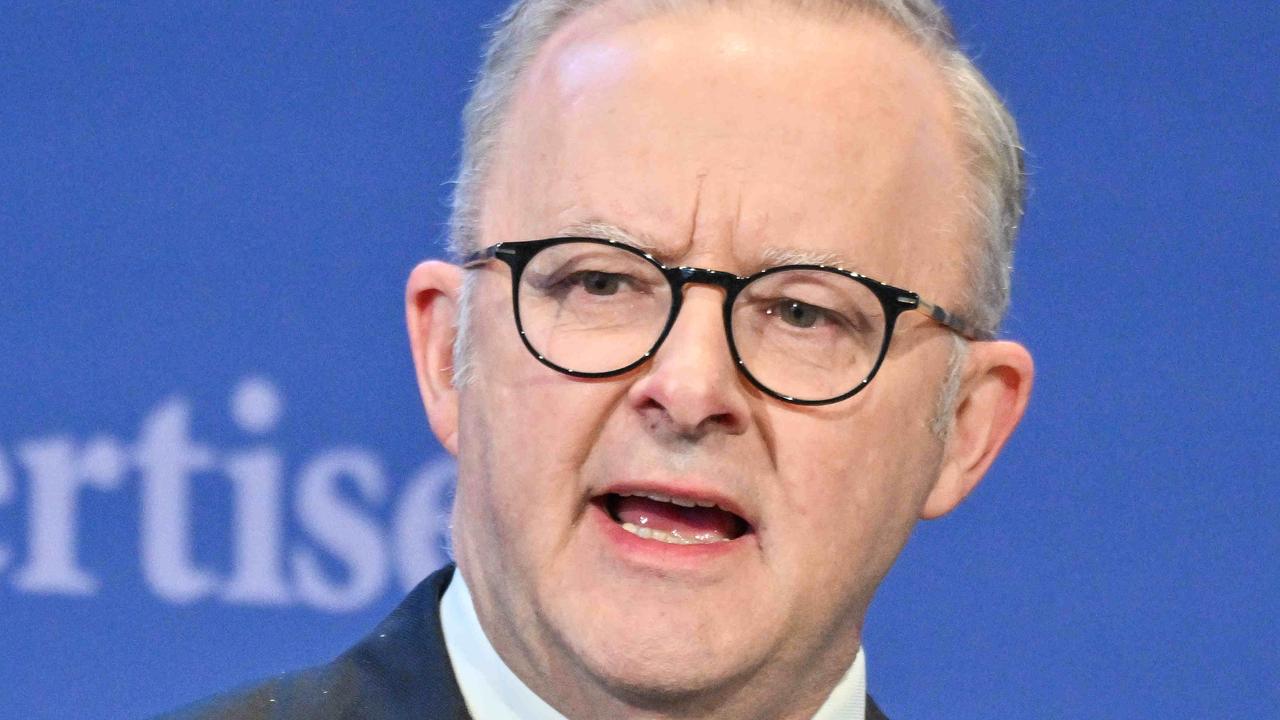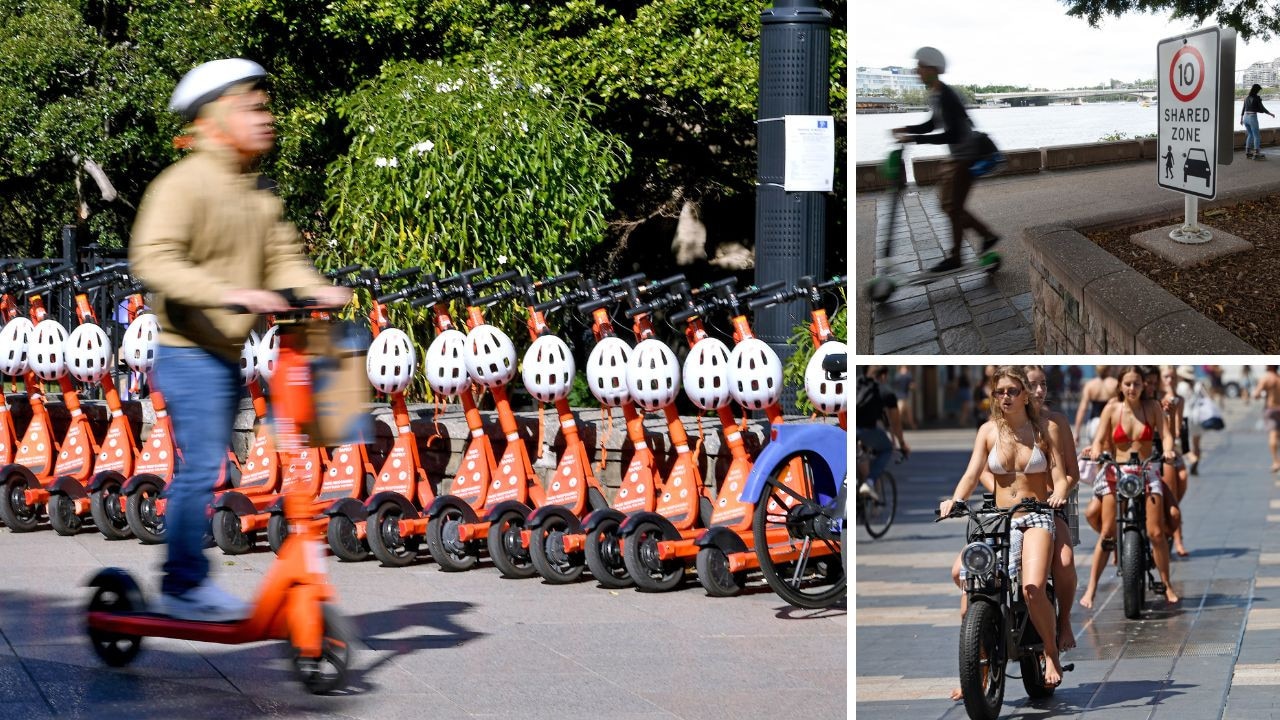Opinion: The numbers that show our cops are under attack
Beyond critical incidents where police are killed, there is a problem in how our police are treated and supported, writes Terry Goldsworthy.
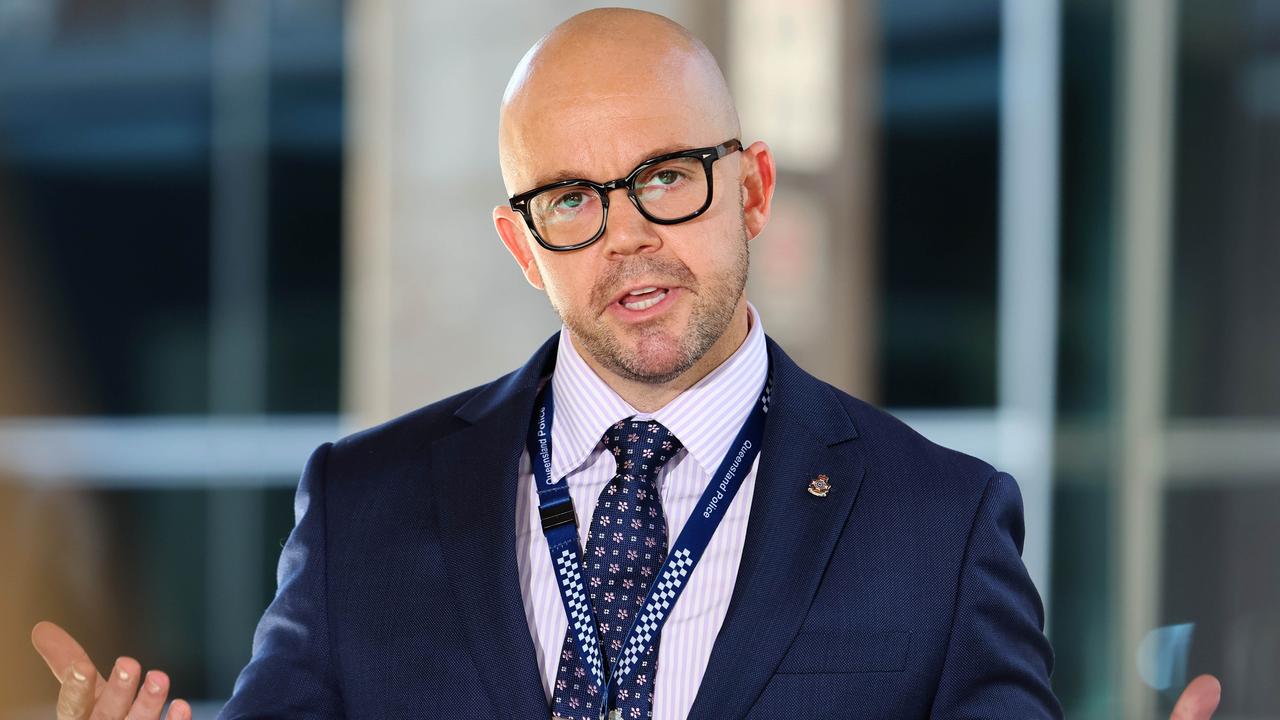
Opinion
Don't miss out on the headlines from Opinion. Followed categories will be added to My News.
Since 2011, eight police officers have been killed by attacks in Australia. Of those, five have died in Queensland, with four being shot and one hit by a stolen vehicle.
Last month the newly appointed interim president of the Queensland Police Union, Shane Prior, observed that the job of a police officer has never been as dangerous as it was right now.
The confronting inquest into the Wieambilla deaths wrapped up last week. It was examining the deaths of six people, including two police officers and a civilian who were shot and murdered, by three offenders later killed by heavily armed police.
The mother of murdered Constable Matthew Arnold stated that the inquest had highlighted serious operational failings she said could have prevented the tragedy. She said it was disappointing to hear parallels with the murder of Senior Constable Brett Forte, who was shot and killed in 2017 after being ambushed by an armed assailant.
Forte’s wife Susie expressed that she felt the “absolute heartbreak” of the families of the victims in Wieambilla, and criticised the six-year gap between her husband’s death and the conclusion of the coronial process. There was a further delay in implementation of changed procedures around investigating “shots fired” reports.
The mother of murdered Constable Rachel McCrow said: “We believe their deaths were preventable.”
Policing is a dangerous occupation. I can remember as a young constable in my first month of service at Ipswich being confronted by a drunk youth armed with a large carving knife at a noisy party. I was backed into the side of the patrol car swinging my baton to keep him at bay. Eventually he was arrested and charged.
If that occurred today, police training would most likely dictate a more forceful outcome. In my service I was kicked, spat on, punched and resisted, often resulting in me rolling around on the ground wrestling with offenders.
But even beyond critical incidents where police are killed, there is a problem in how our police are treated and supported.
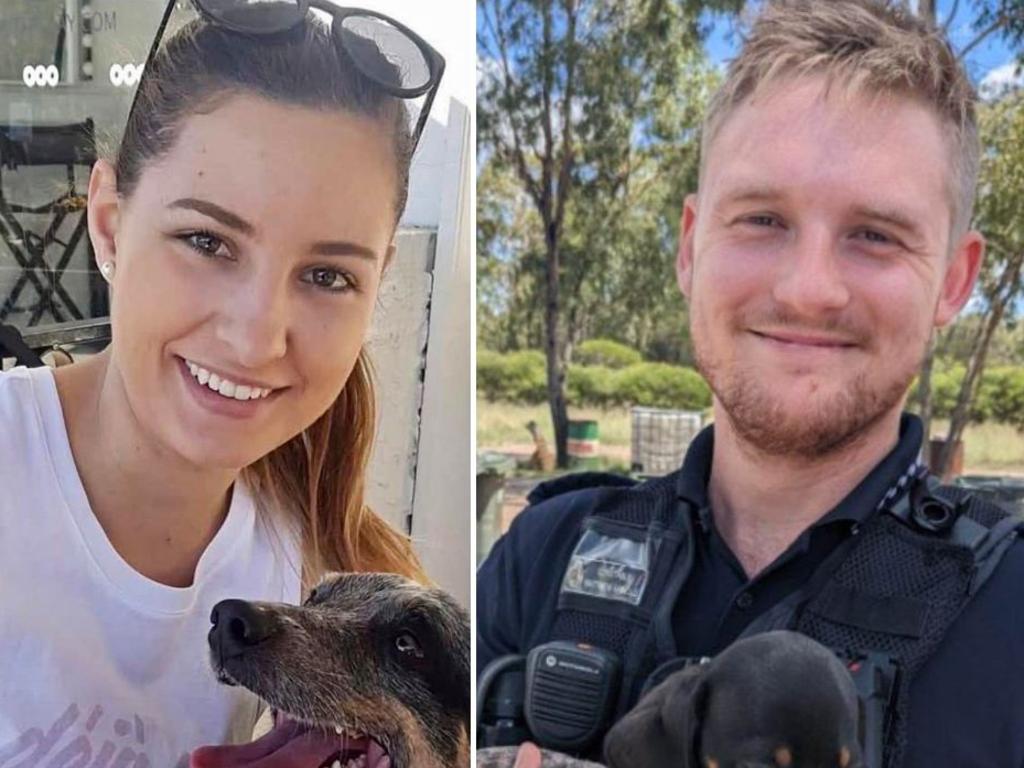
Over the last 10 years in Queensland there were an average of 24,000 reports per year of police being resisted, obstructed and hindered. These offences include low-range physical actions such as pushing or pulling away from officers or struggling to avoid being handcuffed.
Recent data on serious assaults on police from the Queensland Sentencing Council shows that over the last 10 years there have been 6500 serious assaults on police where an offender was sentenced. Youth offenders accounted for 14 per cent of those serious assaults.
The number of serious assault offenders being sentenced has been increasing five per cent per year.
Some 3700 of these matters were termed aggravated serious assaults which involve biting, spitting, throwing bodily fluids and faeces at officers. It also includes assaults that caused bodily harm to officers as well as instances of offenders being armed with a dangerous or offensive weapon when assaulting officers.
Over the last five years sentencing data shows that where an officer suffered an aggravated serious assault, imprisonment was only imposed in 47 per cent of matters for adults.
For youth offenders over the same period, it was drastically less, with only nine per cent of youth offenders receiving a period of detention.
Only two youth offenders received a period of detention greater than 12 months. For adult offenders who were imprisoned, the average sentence was 11.7 months.
This is despite the fact that the Criminal Code provides a maximum penalty of 14 years imprisonment for the offence.
It is little wonder that when politicians boast about increasing maximum penalties it is essentially irrelevant in reality. To bring serious consequences to offenders in matters like this, serious consideration should be given to the imposition of minimum mandatory sentences.
Our police should not be treated as punching bags. Our police deserve better from our courts in terms of sentencing outcomes. They deserve better from our politicians who spruik meaningless increases to maximum penalties but are too scared of kickback from progressives to consider minimum mandatory penalties.
Most importantly our police deserve better from their leadership to ensure that mistakes are not repeated, and officer safety is ensured.
Dr Terry Goldsworthy is associate professor of criminal justice and criminology at Bond University
Originally published as Opinion: The numbers that show our cops are under attack

